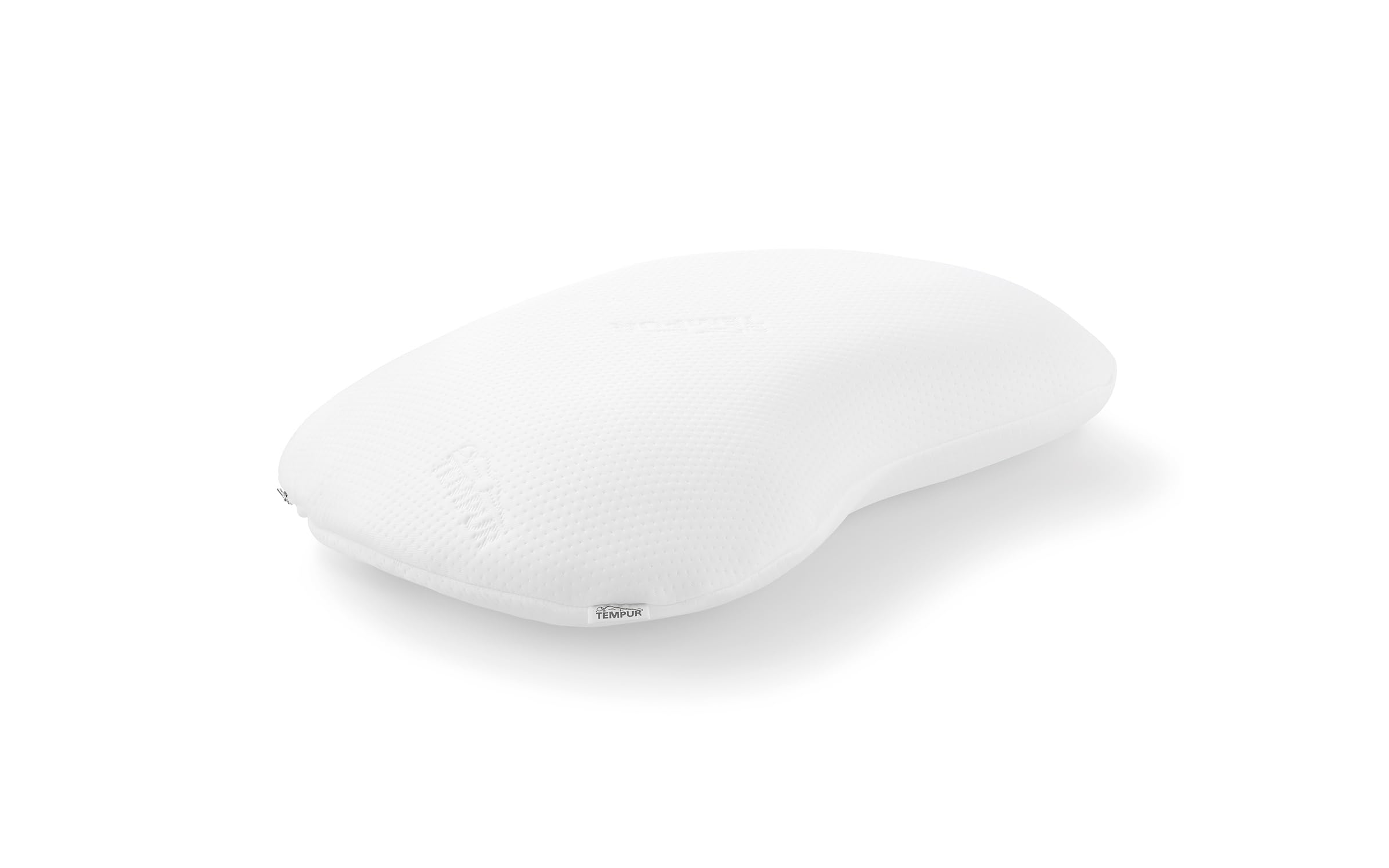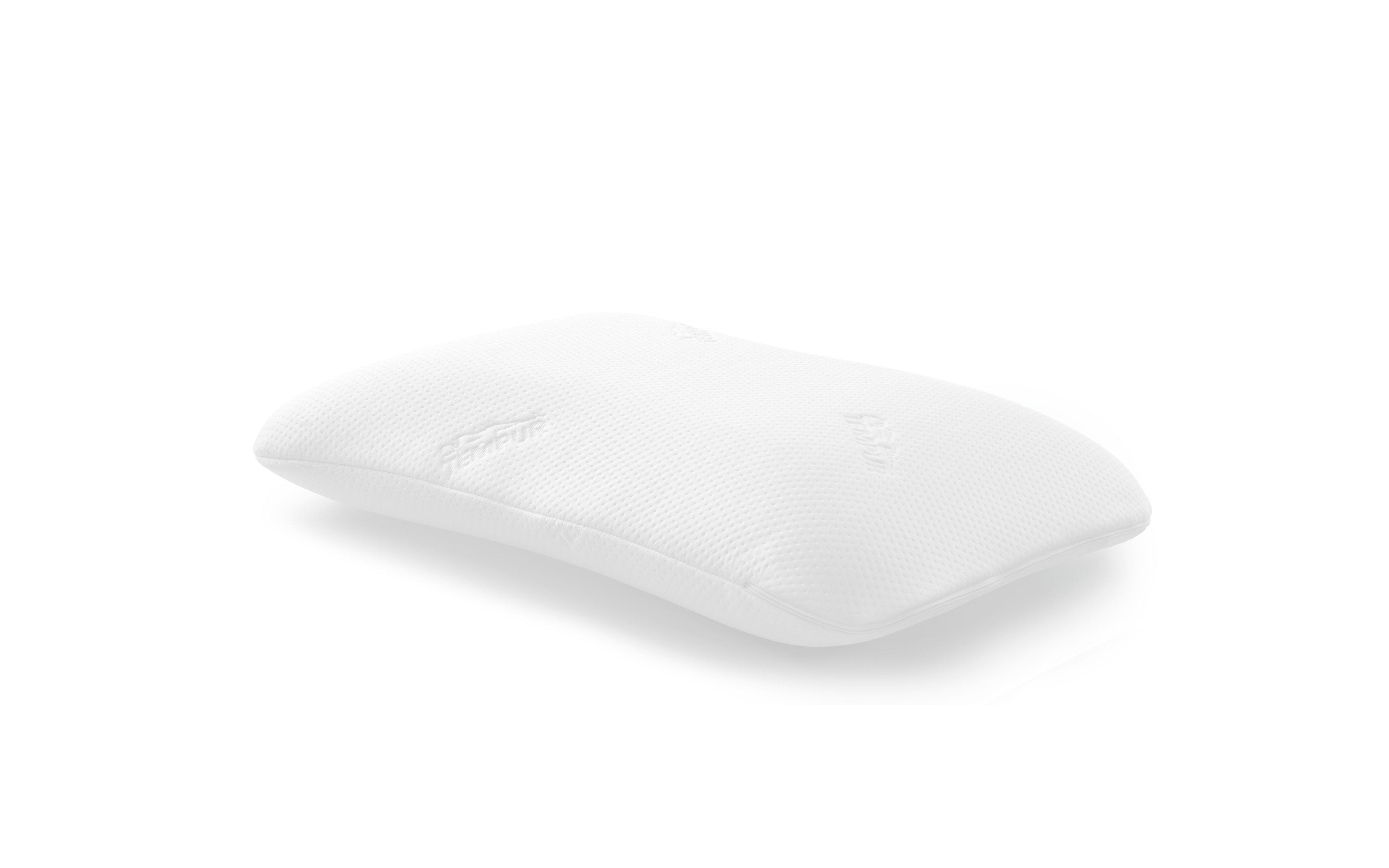Mental health is one of the topics on the agenda, and the reasons are not few. If the routine of current life already had effects on the psychological well-being of many people, the pandemic further highlighted the importance of taking care of our mental health. Even for the sake of our rest.
Do we sleep poorly because of our lack of mental health, or do we have less mental health because we sleep poorly? The connection between mental health and sleep still needs to be better investigated, but the evidence points to the relationship being bidirectional. Those who suffer from mental illnesses may have more difficulty sleeping, and on the other hand, those who sleep poorly or suffer, for example, from insomnia, over time may see their mental health deteriorate.
As the saying goes, those who are in a bad mood "woke up on the wrong side of the bed," and the truth is that sleep is linked to mental and emotional health, potentially leading to illnesses such as depression, anxiety, bipolar disorder, or others.
The relationship between sleep and mental health
Throughout sleep and according to its phases, our brain activity fluctuates. During NREM (Non-Rapid Eye Movement) sleep, brain activity slows down, although interrupted by brief bursts of energy. In REM sleep, brain activity increases, which is why this phase is associated with dreams.
Each phase represents a role in brain health, allowing the activation of areas linked to thinking, learning, and memory. If our sleep is of good quality, particularly during REM sleep, the brain processes emotional information better. While we sleep, the brain analyzes and evaluates thoughts and memories, and lack of rest has harmful effects on the consolidation of positive emotional content. Insufficient sleep will thus affect mood and emotional reactivity and may, depending on the severity of the cases, trigger self-destructive and/or suicidal thoughts or behaviors.
Until one of the most common sleep disorders, Apnea, has a connection with mental health. Since it involves pauses in breathing during sleep, there is a consequent reduction in oxygen levels in the brain, which leads to irregular and interrupted sleep. A study he also states that sleep apnea has a higher prevalence in people with psychiatric disorders.
Thus, although further research is needed, studies conducted so far have shown that there is a complex, multifaceted relationship influenced by various factors between sleep and mental health.
Improve your rest and your mental health will thank you
The good news is that the fact that this is such a close relationship means that the treatment of both conditions goes hand in hand: by treating one, it is likely that the other will also benefit.
Each individual is unique and, therefore, the treatment of mental illness or sleep disorder must be personalized and carried out with a qualified health professional. Treatments can be very varied, but there are some proven approaches that bring improvements to patients.
Cognitive Behavioral Therapy
A cognitive-behavioral therapy It is one of the most common types of therapy in psychology offices. The patient sits and speaks freely about their condition, with the therapist analyzing recurring thought patterns and reformulating negative thoughts.
This type of therapy can adapt to situations of depression, anxiety, bipolar disorder, and insomnia. A large-scale clinical trial indicates that cognitive-behavioral therapy, particularly when targeted at cases of insomnia, can reduce the symptoms of various other mental illnesses and increase emotional well-being.
More studies are still needed to understand whether this type of therapy can be effective in the combined treatment of sleep disorders and mental illnesses, but many patients have felt its benefits, thanks to the change in thought patterns, which resulted in better rest and mental and emotional well-being.
Improve sleep habits
Good sleep hygiene is essential for sleeping well. Aspects such as a room environment appropriate may seem harmless but make all the difference for a good rest. We leave you some examples on how you can improve your night's sleep:
-
Go to bed and wake up at about the same time every day
-
Create a sleep routine and rely on relaxation techniques to prepare yourself for sleep
-
Avoid alcoholic beverages, tobacco, and caffeine during the night
-
Dim the lights and do not use your mobile phone or other electronic devices for at least one hour before sleeping
-
Practice physical exercise regularly, preferably outdoors, to take advantage of the benefits of sun exposure
-
Eliminate excess brightness or noises that may disturb the quality of your sleep
Comfort and support in your bed, a quality mattress and pillows are also crucial for a good night's sleep. At Colchaonet, our rest specialists are always ready to advise you, guiding you to the best options for you. Visit us in our stores or at https://www.colchaonet.com/.













